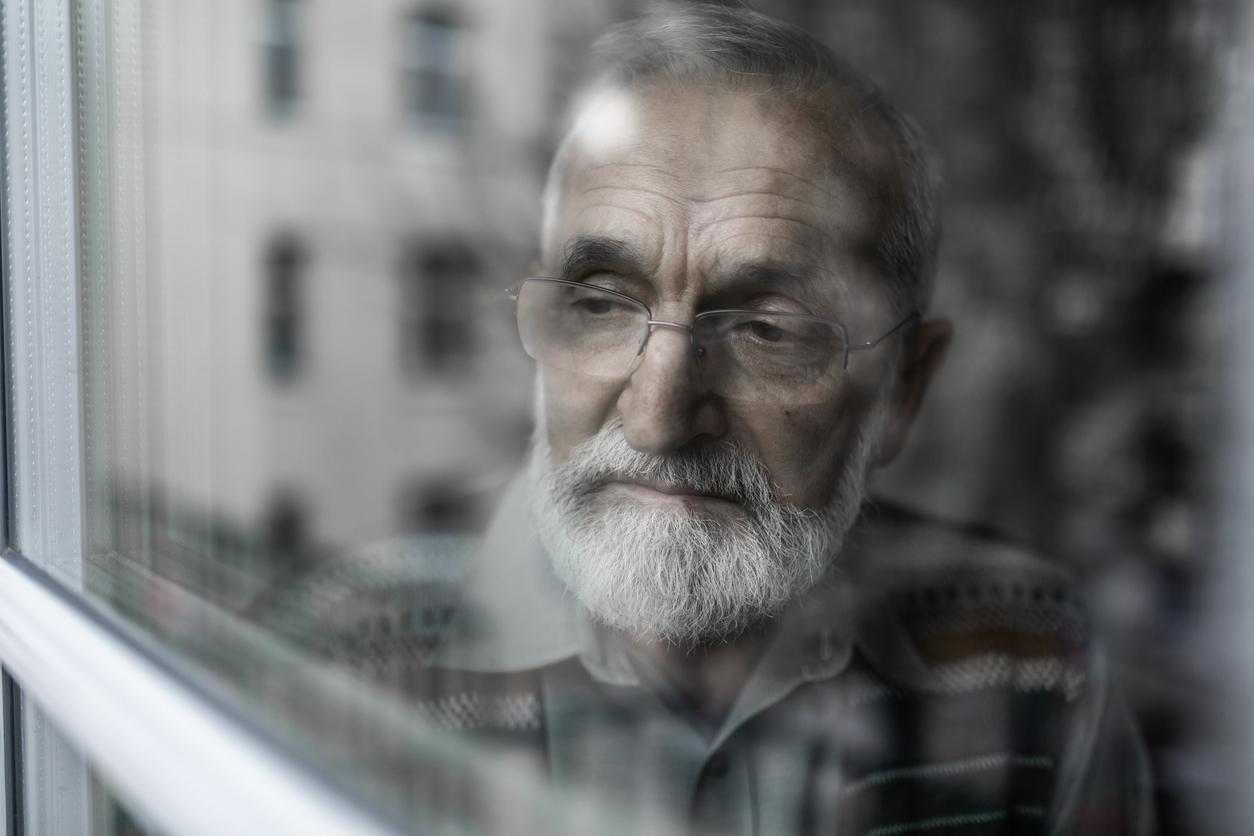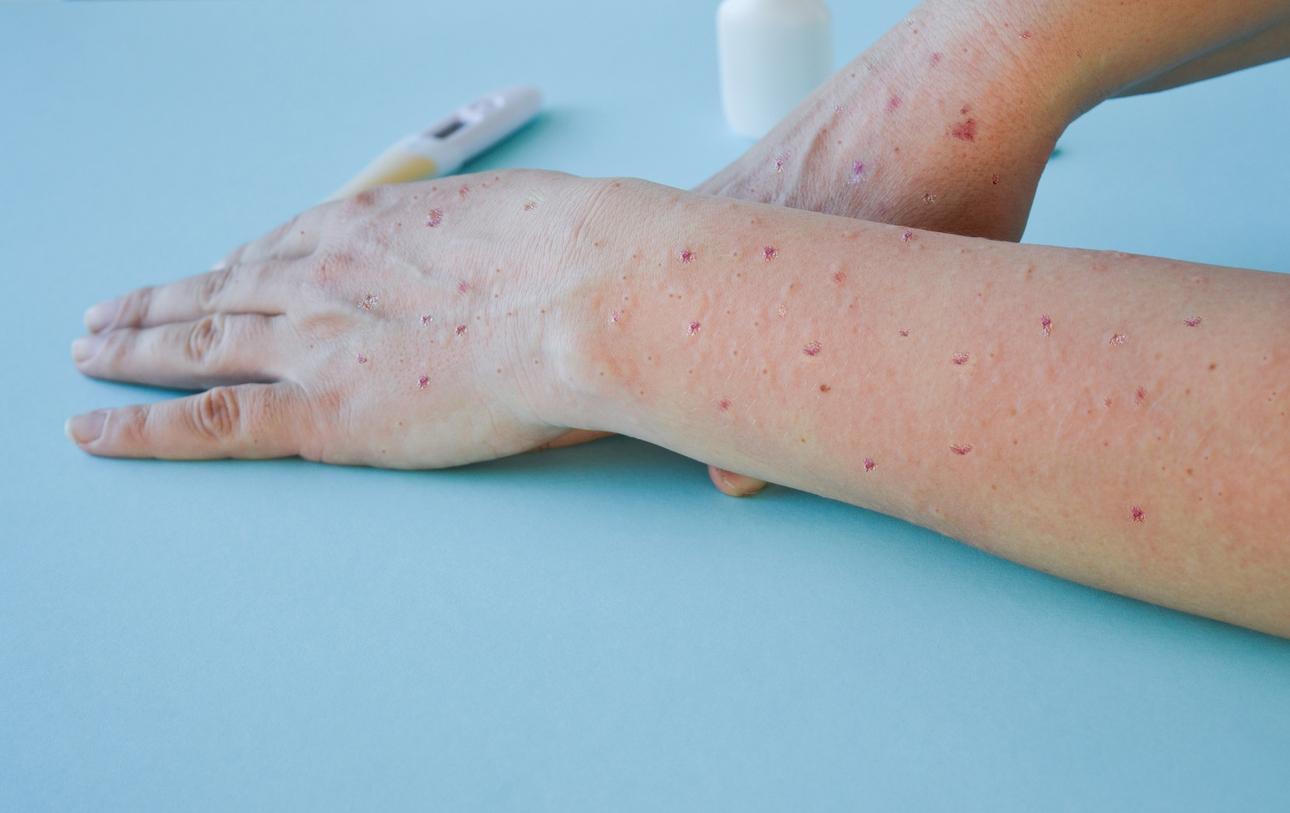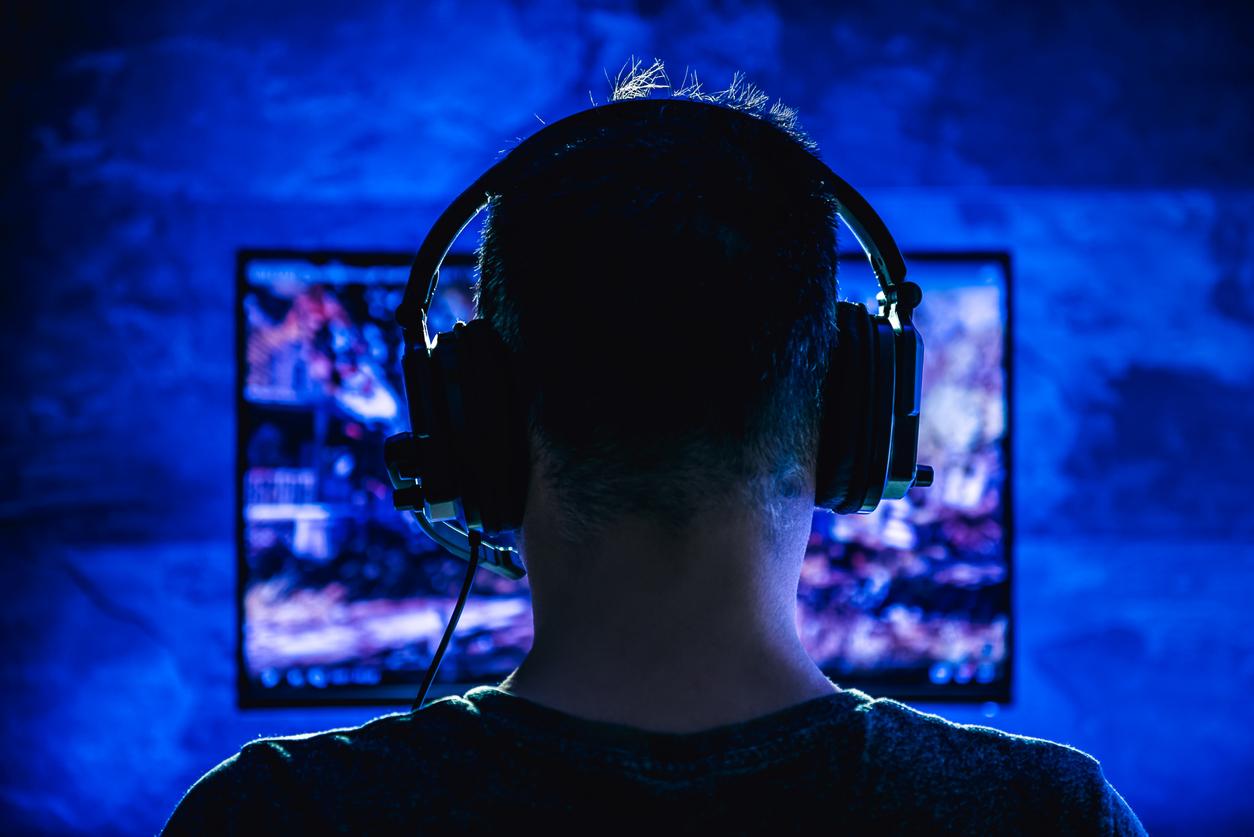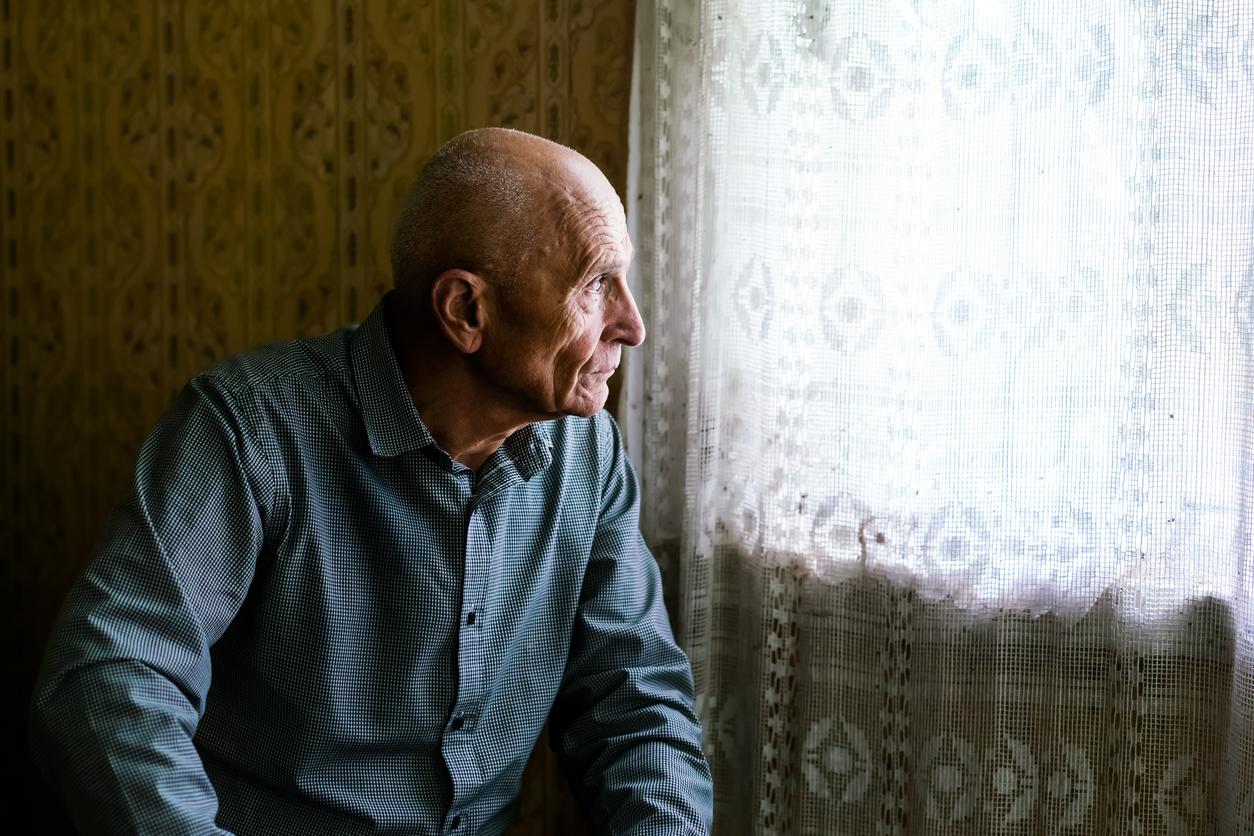An international commission to promote social bonds has been launched by the World Health Organization (WHO), which believes that isolation and loneliness are very harmful to health and society as a whole.

- Social isolation is the lack of social relationships.
- Loneliness is the pain linked to the lack of social contacts.
- The WHO believes that loneliness is a threat to health and has created a commission to find solutions to this global problem.
Loneliness is a “urgent health threat”, estimates the World Health Organization (WHO), in a communicated which announces the creation of a new Commission on social ties. The aim is to implement global solutions to this problem, regardless of the income level of countries
Loneliness impacts mental and physical health
“High rates of social isolation [l’insuffisance de relations sociales, ndlr] and loneliness [la douleur sociale liée au manque de contact, ndlr] worldwide have serious consequences for health and well-beingindicates the Dr Tedros Adhanom Ghebreyesus, Director-General of the WHO. People who don’t have enough close social connections are at greater risk of stroke, anxiety, dementia, depression, suicide, and many other illnesses.“
Worldwide, one in four older people suffer from social isolation, according to the WHO. But it also affects adolescents, 5 to 15% of whom suffer from loneliness. In France, SOS Friendship note, in his 12th observatory of psychological suffering published in 2022, that calls from young people under 14 have increased by 40% in two years.
Isolation and loneliness are difficult to live with and have an impact on mental health (risk of depressionanxiety) and physical (cardiovascular illnesses, bone health, digestive diseases, etc). According to the WHO, “lack of social connections leads to a risk of early death equal to or greater than other better-known risk factors, such as smoking, alcohol abuse, physical inactivity, obesity and air pollution. the air”.
Combating global isolation and loneliness
The objective of this new WHO commission is therefore to make social ties a priority in global health and to analyze the way in which it improves well-being and health at all ages, but also the economy, social development and innovation. In other words, the benefits of social ties at all levels of society.
This commission, planned over three years, “will present solutions for building social connections at scale” as part of a global program. For the moment, eleven members have been appointed, but others are expected to join later.
“Given the profound consequences of loneliness and isolation on health and society, we have an obligation to make the same investments in rebuilding the social fabric of society as we have made to respond to others global health issues, such as smoking, obesity and the addiction crisis“, says Vivek Murthy, Surgeon General of the United States of America and co-chair of the Commission.


















